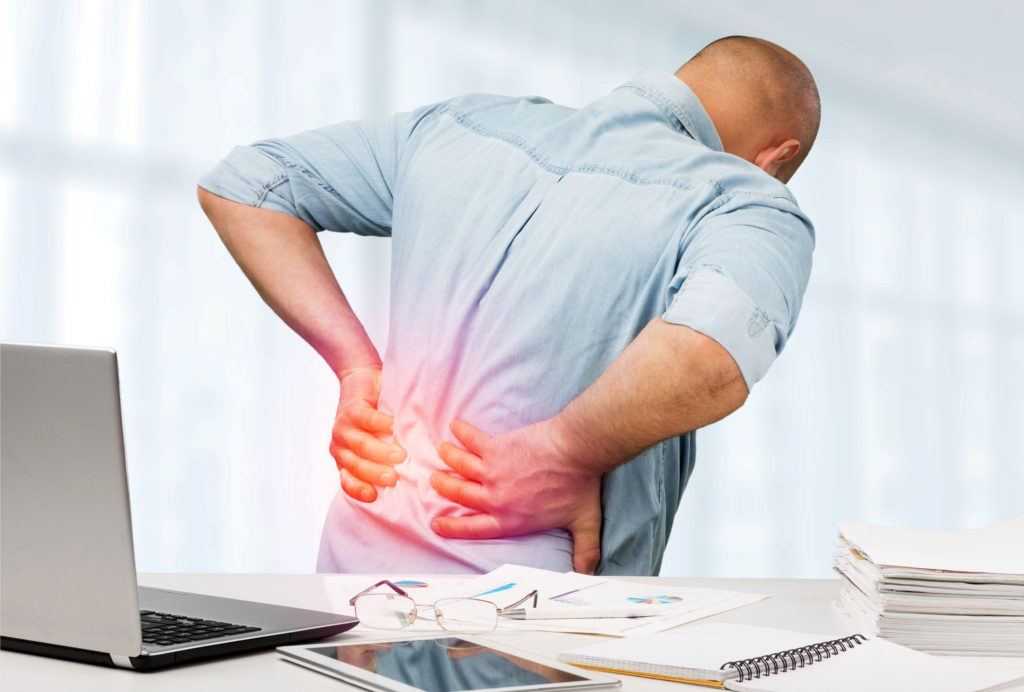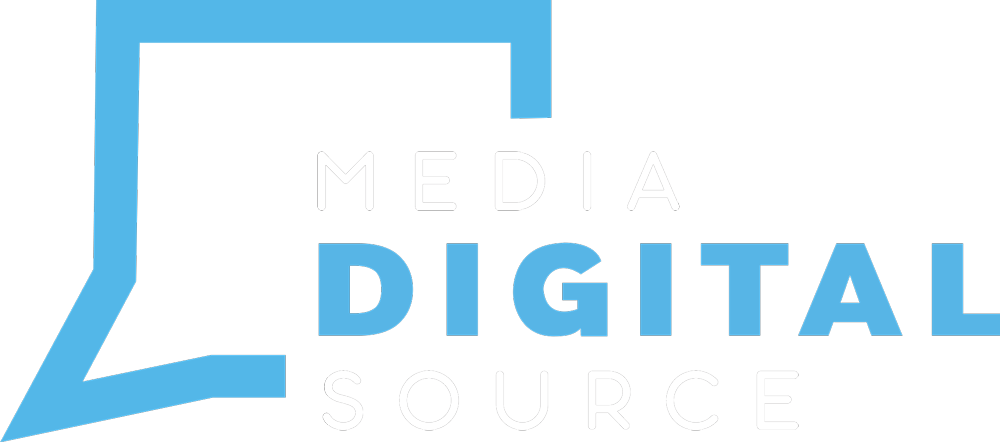Ladan Nikravan Hayes, for CHRISTUS Spohn Health System

If you have back pain, you’re not alone. Approximately 8 out of 10 adults experience back pain at some point in their lives. It can be frustrating and debilitating, and while the upside is the majority of episodes of back pain improve or resolve with minimal care, the ambiguity of the situation can often be stressful.
“People often think back pain is a life sentence with no true solutions, that back pain never really goes away, once experienced it stays forever,” said Dr. Melissa Macias, medical director for the CHRISTUS Spohn Hospital-Shoreline Neuroscience Institute. “This is not true. There can be many causes for back pain and many solutions for acute onset pain.”
Below, Dr. Macias, along with Dr. John Borkowski, medical director for the CHRISTUS Spohn Hospital-South Orthopedic Institute, debunk five common misconceptions about back problems and treatment options.
Myth 1: Back pain should be treated with bed rest.
“There is evidence that acute pain should be treated with 2-3 days of rest followed by graduated activity including stretching,” Dr. Borkowski said. “Continual inactivity can lead to chronic pain. One should seek medical attention due to intractable pain or radiating extremity pain or numbness. Other reasons to seek attention include weakness in legs, atrophy of extremities or incontinence associated with back pain.”
Myth 2: Back pain is related to disc disease only.
“There are multiple components of the spine that may be contributing to the painful condition,” Dr. Macias said. “Often having plain X-rays conducted can help identify concerns. The results help target the best course of action for treatment.”
Myth 3: MRI findings that show nerve compression always require surgery.
Graduated weakness can require surgical intervention, but that’s not always the case.
“Our bodies are made to adapt and are homeostatic,” Dr. Borkowski said. “Nerves sometimes adapt and will function normally in a compressed state. Furthermore, better posture and physical therapy often can decompress a compressed nerve. Mild acute weakness is not an absolute indication for surgery. A medical specialist should be monitoring mild weakness on a regular basis.”
Myth 4: Back pain results in full disability.
“While back pain can have a number of outcomes, for example: fracture or acute trauma, or chronic debilitating degenerative spine disease resulting in neurological deficits that may restrict movement or ability, most back pain sufferers can overcome this temporary condition and lead full healthy lives,” Dr. Macias said.
Myth 5: Back pain is so common, proper posture won’t help.
According to Dr. Borkowski, proper posture and using the right lifting techniques are critical, which includes practicing proper sitting posture for people who work sitting down all day, and proper standing posture and wearing the right shoes for people who work standing up all day.
“It’s also important to remember that our bodies are complex machines that requires proper rest between activities,” he said.
Both experts said it’s important that these pain management myths don’t keep you from feeling better.
“Many of these myths are perpetrated by individuals who are well-meaning but not fully knowledgeable,” Dr. Macias said. “In the age of the Internet, much information is available, however the application of this information is not always appropriate.”
Most back pain is acute, or short term, and lasts a few days to a few weeks. It tends to resolve on its own with self-care and there is no residual loss of function. But regardless of the severity, how you treat your back pain will impact how well you heal.
“Undiagnosed pain can be remedied with the proper treatment plan,” Dr. Borkowski said. “But unfortunately, there’s no on and off switch. Treatment often takes patience and effort from both the patient and the physician.”
Borkowski said that if your pain is severe or does not improve, you should seek medical care. A doctor will gather a full medical history of your back problems and perform detailed physical examinations, leading to a treatment plan that will reduce your pain and improve your function and quality of life. Recovery begins with you, and the first step is being attentive to something that is out of the ordinary.
If you experience any of the above-mentioned symptoms, contact CHRISTUS Spohn Health System. CHRISTUS’ multidisciplinary team can diagnose and treat a variety of spinal conditions and help you get you back on your feet in no time.
Members of the editorial and news staff of the USA TODAY Network were not involved in the creation of this content.

